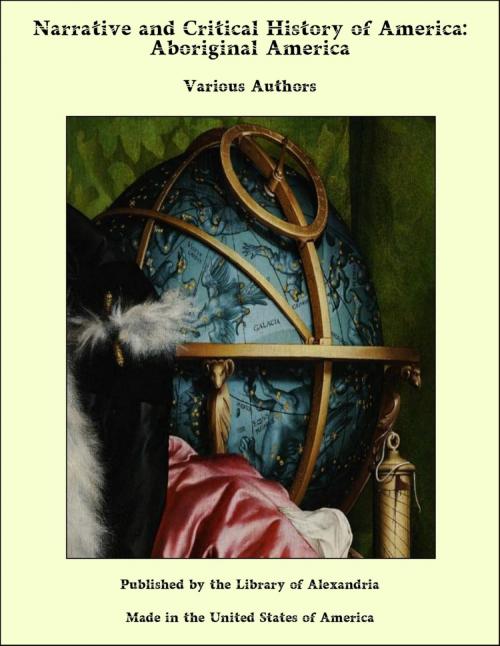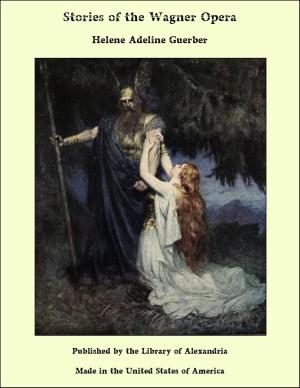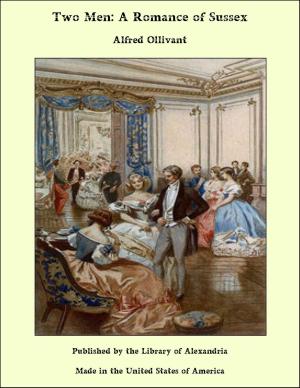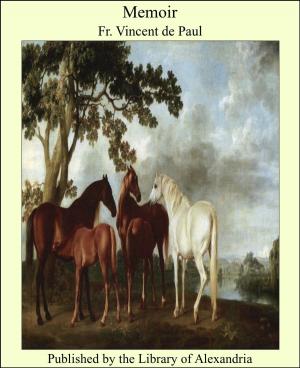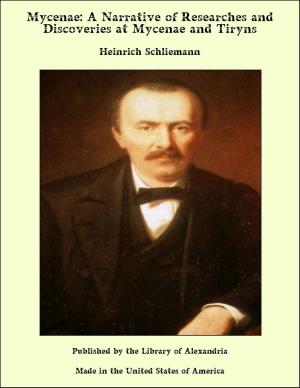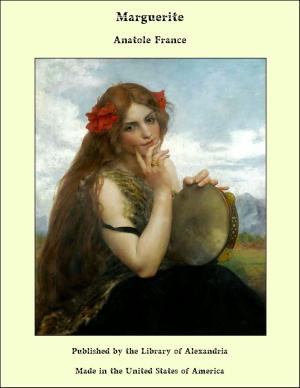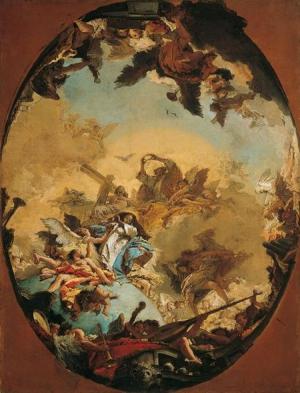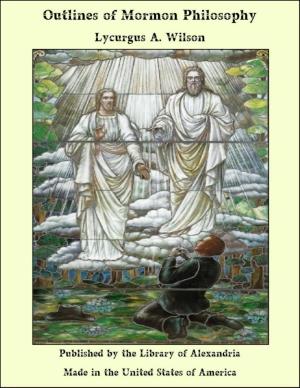Narrative and Critical History of America: Aboriginal America
Nonfiction, Religion & Spirituality, New Age, History, Fiction & Literature| Author: | Various Authors | ISBN: | 9781465608062 |
| Publisher: | Library of Alexandria | Publication: | March 8, 2015 |
| Imprint: | Language: | English |
| Author: | Various Authors |
| ISBN: | 9781465608062 |
| Publisher: | Library of Alexandria |
| Publication: | March 8, 2015 |
| Imprint: | |
| Language: | English |
AS Columbus, in August, 1498, ran into the mouth of the Orinoco, he little thought that before him lay, silent but irrefutable, the proof of the futility of his long-cherished hopes. His gratification at the completeness of his success, in that God had permitted the accomplishment of all his predictions, to the confusion of those who had opposed and derided him, never left him; even in the fever which overtook him on the last voyage his strong faith cried to him, “Why dost thou falter in thy trust in God? He gave thee India!” In this belief he died. The conviction that Hayti was Cipangu, that Cuba was Cathay, did not long outlive its author; the discovery of the Pacific soon made it clear that a new world and another sea lay between the landfall of Columbus and the goal of his endeavors. The truth, when revealed and accepted, was a surprise more profound to the learned than even the error it displaced. The possibility of a short passage westward to Cathay was important to merchants and adventurers, startling to courtiers and ecclesiastics, but to men of classical learning it was only a corroboration of the teaching of the ancients. That a barrier to such passage should be detected in the very spot where the outskirts of Asia had been imagined, was unexpected and unwelcome. The treasures of Mexico and Peru could not satisfy the demand for the products of the East; Cortes gave himself, in his later years, to the search for a strait which might yet make good the anticipations of the earlier discoverers. The new interpretation, if economically disappointing, had yet an interest of its own. Whence came the human population of the unveiled continent? How had its existence escaped the wisdom of Greece and Rome? Had it done so? Clearly, since the whole human race had been renewed through Noah, the red men of America must have descended from the patriarch; in some way, at some time, the New World had been discovered and populated from the Old. Had knowledge of this event lapsed from the minds of men before their memories were committed to writing, or did reminiscences exist in ancient literatures, overlooked, or misunderstood by modern ignorance? Scholars were not wanting, nor has their line since wholly failed, who freely devoted their ingenuity to the solution of these questions, but with a success so diverse in its results, that the inquiry is still pertinent, especially since the pursuit, even though on the main point it end in reservation of judgment, enables us to understand from what source and by what channels the inspiration came which held Columbus so steadily to his westward course.
AS Columbus, in August, 1498, ran into the mouth of the Orinoco, he little thought that before him lay, silent but irrefutable, the proof of the futility of his long-cherished hopes. His gratification at the completeness of his success, in that God had permitted the accomplishment of all his predictions, to the confusion of those who had opposed and derided him, never left him; even in the fever which overtook him on the last voyage his strong faith cried to him, “Why dost thou falter in thy trust in God? He gave thee India!” In this belief he died. The conviction that Hayti was Cipangu, that Cuba was Cathay, did not long outlive its author; the discovery of the Pacific soon made it clear that a new world and another sea lay between the landfall of Columbus and the goal of his endeavors. The truth, when revealed and accepted, was a surprise more profound to the learned than even the error it displaced. The possibility of a short passage westward to Cathay was important to merchants and adventurers, startling to courtiers and ecclesiastics, but to men of classical learning it was only a corroboration of the teaching of the ancients. That a barrier to such passage should be detected in the very spot where the outskirts of Asia had been imagined, was unexpected and unwelcome. The treasures of Mexico and Peru could not satisfy the demand for the products of the East; Cortes gave himself, in his later years, to the search for a strait which might yet make good the anticipations of the earlier discoverers. The new interpretation, if economically disappointing, had yet an interest of its own. Whence came the human population of the unveiled continent? How had its existence escaped the wisdom of Greece and Rome? Had it done so? Clearly, since the whole human race had been renewed through Noah, the red men of America must have descended from the patriarch; in some way, at some time, the New World had been discovered and populated from the Old. Had knowledge of this event lapsed from the minds of men before their memories were committed to writing, or did reminiscences exist in ancient literatures, overlooked, or misunderstood by modern ignorance? Scholars were not wanting, nor has their line since wholly failed, who freely devoted their ingenuity to the solution of these questions, but with a success so diverse in its results, that the inquiry is still pertinent, especially since the pursuit, even though on the main point it end in reservation of judgment, enables us to understand from what source and by what channels the inspiration came which held Columbus so steadily to his westward course.
